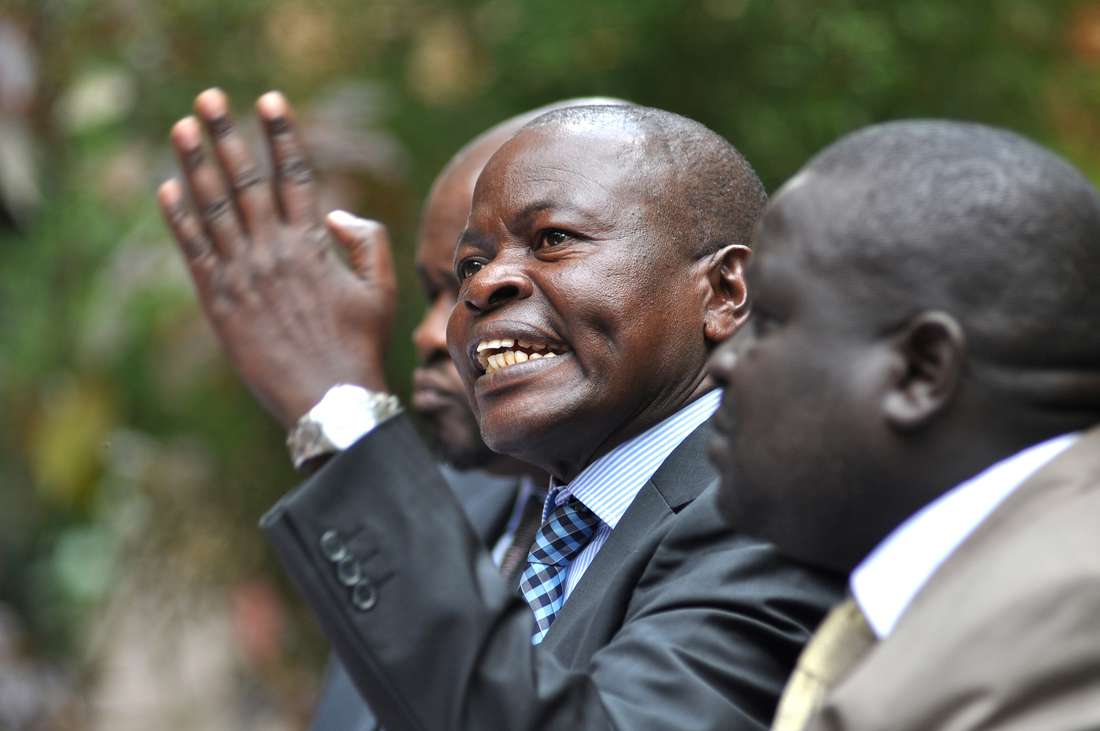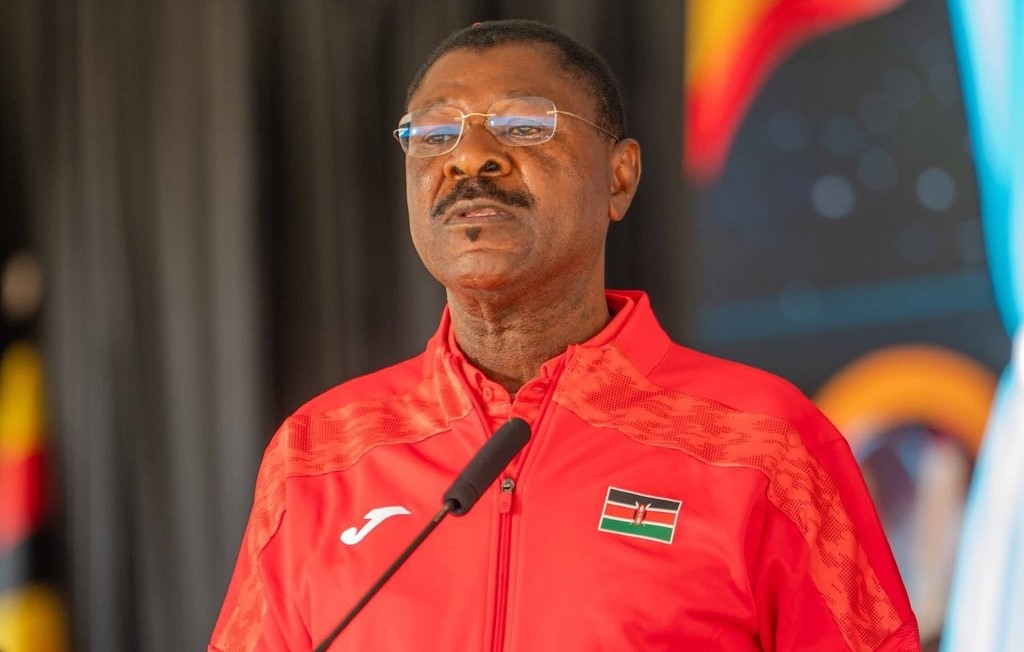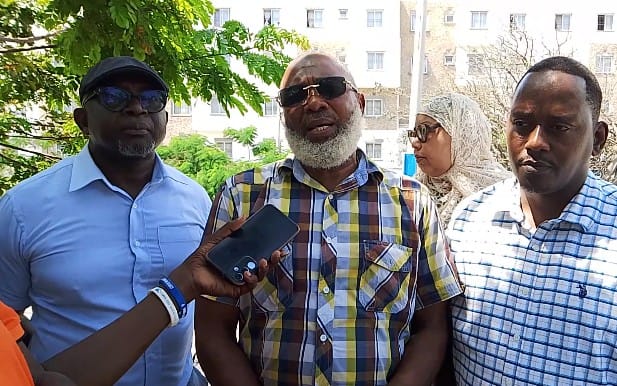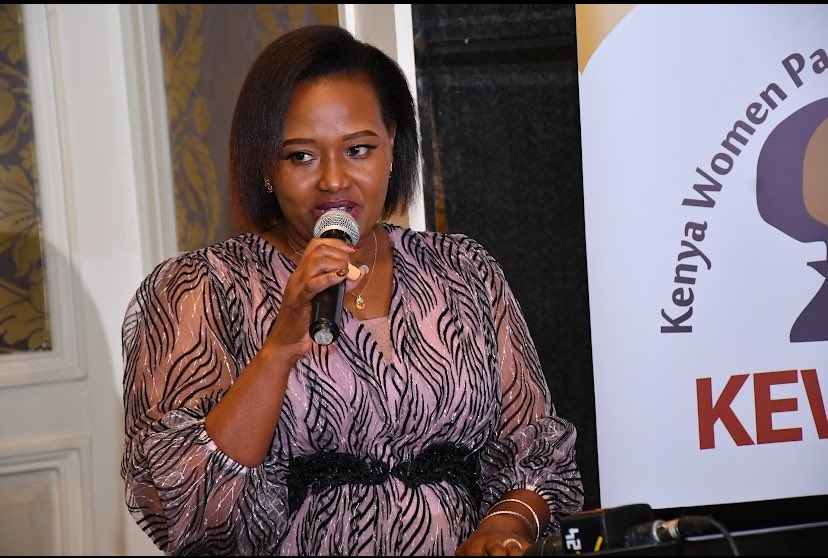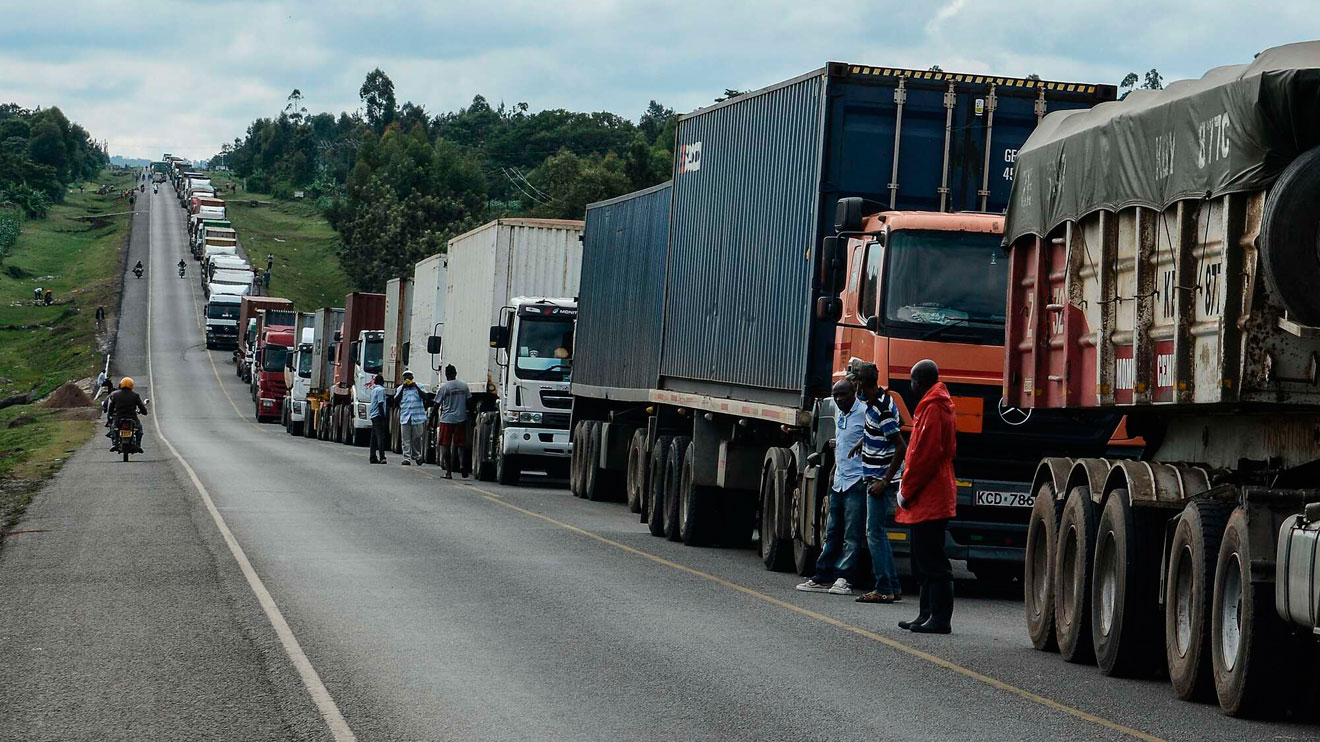Kenya poised for record maize harvest of 70 million bags in 2025- Kagwe

Speaking during the opening of the 2025 A.S.K. Central Kenya National Show at Kabiruini Showgrounds in Nyeri, Kagwe attributed the bumper harvest to the Government’s Fertiliser Subsidy Programme.
Kenya is projected to harvest a record 70 million bags of maize in 2025, up from 67 million in 2024 and more than double the 34.3 million bags recorded in 2022, Cabinet Secretary for Agriculture Mutahi Kagwe has announced.
Speaking during the opening of the 2025 A.S.K. Central Kenya National Show at Kabiruini Showgrounds in Nyeri, Kagwe attributed the bumper harvest to the Government’s Fertiliser Subsidy Programme.
More To Read
- 2 per cent of Kenyans own over half of the country’s arable land - KHRC report
- CS Kagwe announces policy overhaul for sugar, tea and miraa to protect farmers’ earnings
- Factory farming in Africa: Development banks see it as a good idea, but it’s bad for the climate
- AU calls for rapid tech adoption in farming to shield continent from food crises
- Ruto unveils Sh400 billion mega dam plan to turn North and Coast regions into Kenya's new food basket
- CS Kagwe urges bold reforms in agriculture sector as Intergovernmental Agriculture Forum opens in Naivasha
"Our national food security has remained stable with improved availability and reduced prices for stable foods. Our maize production rose from 34.3 million 90 kilogramme bags in 2022 to 67 million bags in 2024. This year we expect to harvest some 70 million bucks, which will be a historic achievement that strengthens our food security," said Kagwe.
The CS said the government had distributed 21.3 million bags of fertiliser worth Sh53.25 billion, translating to farmers’ savings of about Sh105 billion. Fertiliser prices have dropped by up to 67 per cent per 50-kilogramme bag, boosting the production of key crops across the country.
For the 2025 long rains season, 6.9 million subsidised fertiliser bags were distributed, and plans are underway to scale this up to 12.5 million bags in 2026, covering all 1,450 wards nationwide.
The government plans to purchase maize directly from farmers to restock the National Strategic Food Reserve, a move aimed at securing the nation’s food supply and providing a ready market for farmers.
"This guarantees food security for the nation while at the same time providing farmers with a ready market for their produce," he said.
Kagwe also emphasised the importance of sustainable, climate-smart agriculture, urging farmers to plant tree cover in steep areas to prevent soil erosion and to use approved pesticides to protect rivers and prevent waterborne diseases.
He highlighted that Kenya will ensure compliance with international standards, including the European Union Deforestation Regulation, to keep Kenyan produce competitive and sustainable in global markets.
Top Stories Today



